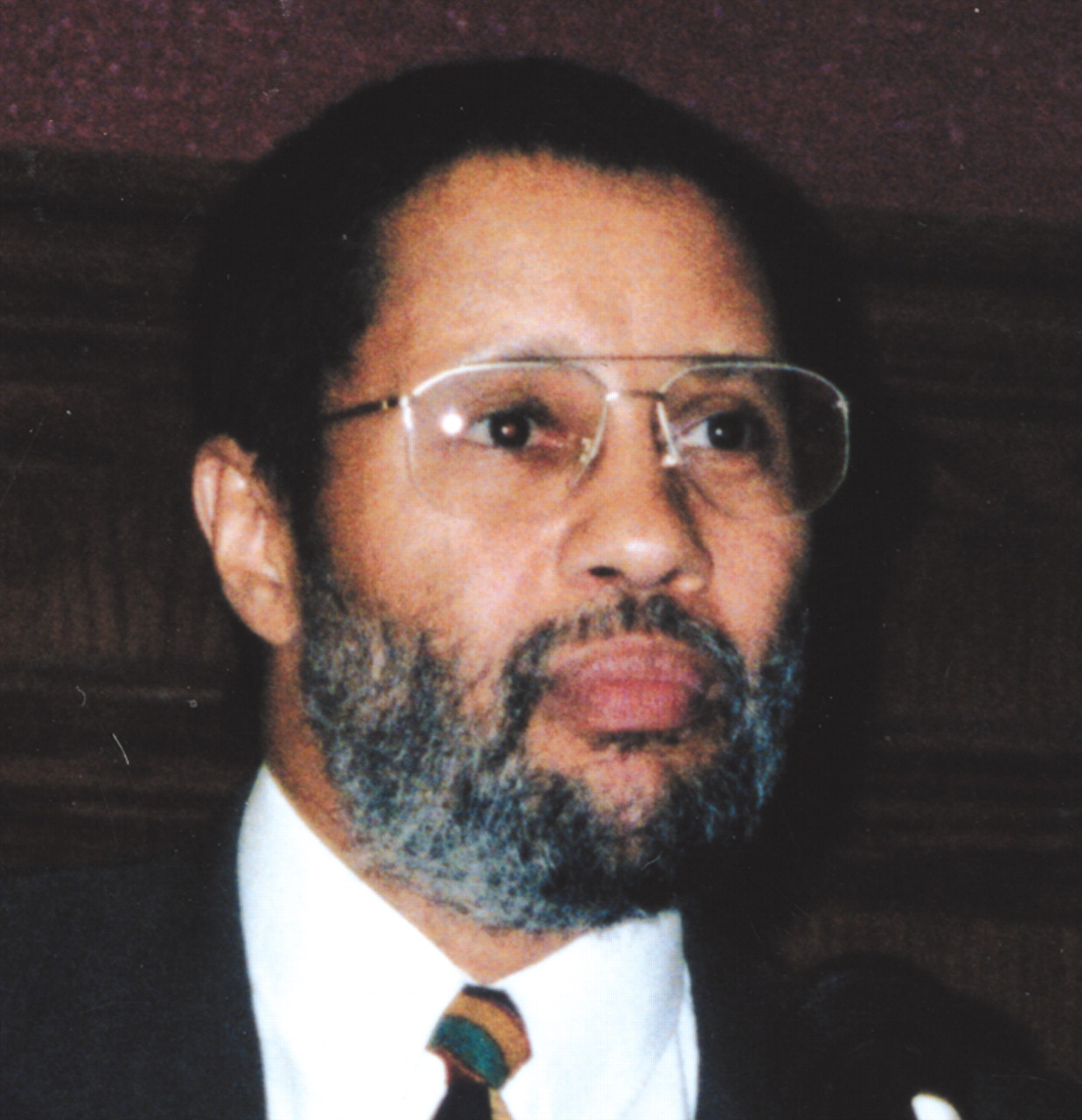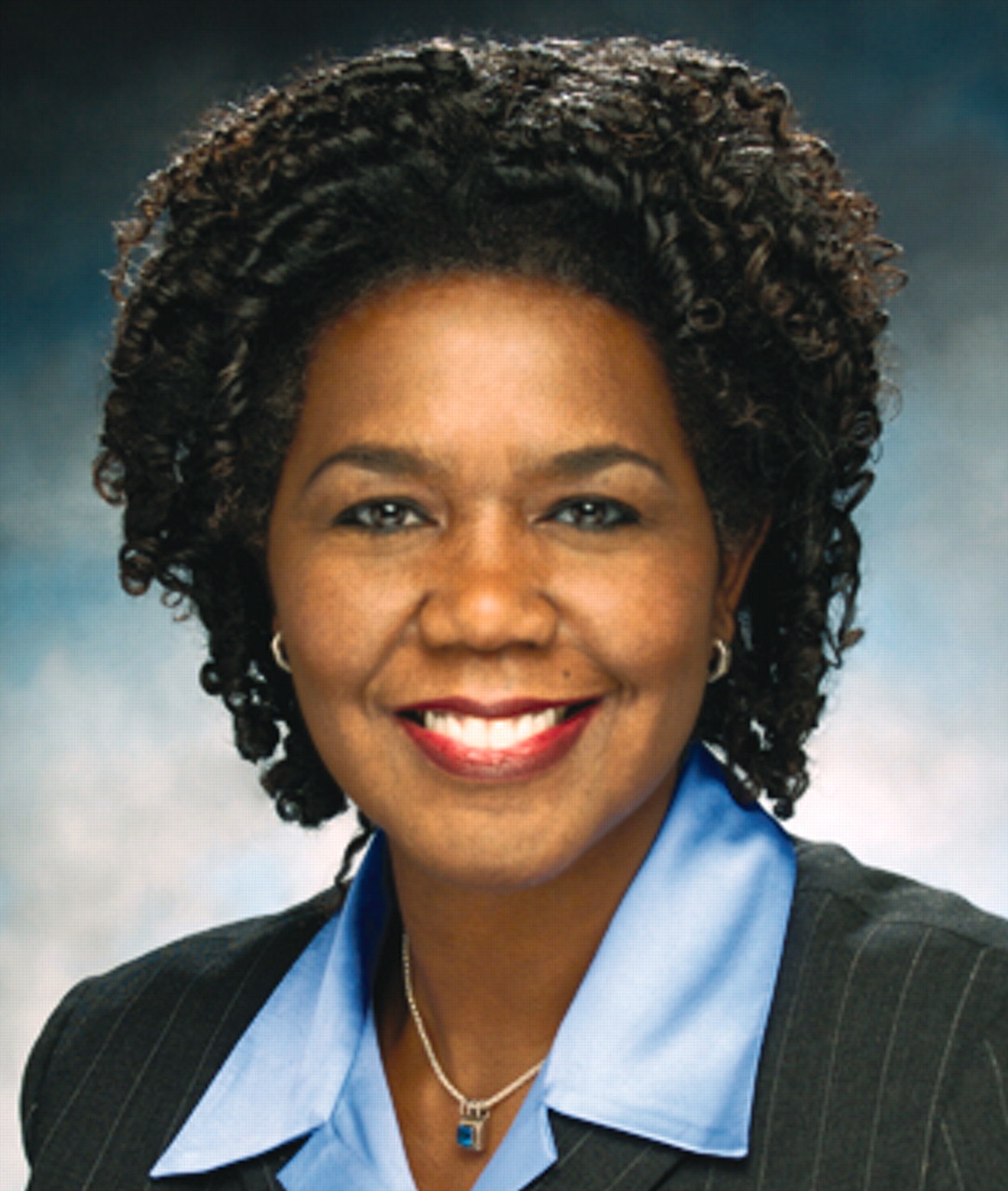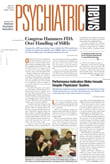Deep-seated racism in the United States sets in motion a “vicious cycle” whose psychological and biological consequences have a crushing impact on health status. Depression and all its sequelae are an inevitable and particularly devastating part of this cycle, Annelle Primm, M.D., told a special meeting of the Congressional Black Caucus in September.
Primm is director of the APA Office of Minority and National Affairs and was part of a panel that addressed the impact of racism on behavior and health.
Also on the panel was psychiatrist Carl Bell, M.D., president and CEO of the Community Mental Health Council in Chicago and a professor of psychiatry and public health at the University of Illinois at Chicago.
Describing for the caucus members what she meant by the vicious cycle set into motion by racism, Primm said, “When we have a mental illness like depression, we are very likely not aware that we are ill, we tend to stay away from psychiatrists and mental health professionals because of the stigma, we may stay away from physicians... because we are uninsured, but even if we happen to get in the door of some health provider, we are less likely to be diagnosed at all, we receive inferior or inadequate treatment, or, worse, our symptoms are misunderstood, and we are diagnosed with schizophrenia.”
She emphasized that when quality medical care, including that for depression, is unavailable or unaccessed, as in so many minority communities, physical illnesses such as diabetes and heart disease spiral out of control. And filling the void where medical care should be are alcohol and drugs, which“ are available 24-7, and 365. This kicks the vicious cycle into overdrive,” she said.
“The double whammy” of untreated mental illness and substance abuse, with the impaired judgment they often bring, then propels people“ down a path of destruction—violence, homicide, suicide, incarceration, [and] exposure to diseases like HIV/AIDS.”
Bell's message was that “when you consider the socioeconomic conditions that African Americans face, and the inherent toxicity of underserved and unresourced environments—created by a system of racism that goes back to slavery—and you consider the levels of adverse childhood experiences, it is little wonder that African Americans have greater rates” of the most serious physical illnesses.
He also wanted caucus members to understand that “there is a huge paradigm shift coming in mental health in which psychiatrists will be able to identify people at risk of developing serious mental health problems,” and he hoped they would take steps to ensure that “the underserved get the benefit of this new technology that is on the horizon.”
Primm told caucus members that despite the bleak picture she painted of the health consequences that stem from centuries of racism, she wanted her talk to end with some hope.
For her part, she said, “Even if it takes me 10 years, I want to tour the country in areas where there are high concentrations of people of African descent and other marginalized populations” to help those who can make a difference “understand the impact of mental health disparities on overall health, to increase diversity in the health and mental health professions, to share models that work, to educate the public about mental health in a culturally tailored way,... and to stop the vicious cycle.”▪


